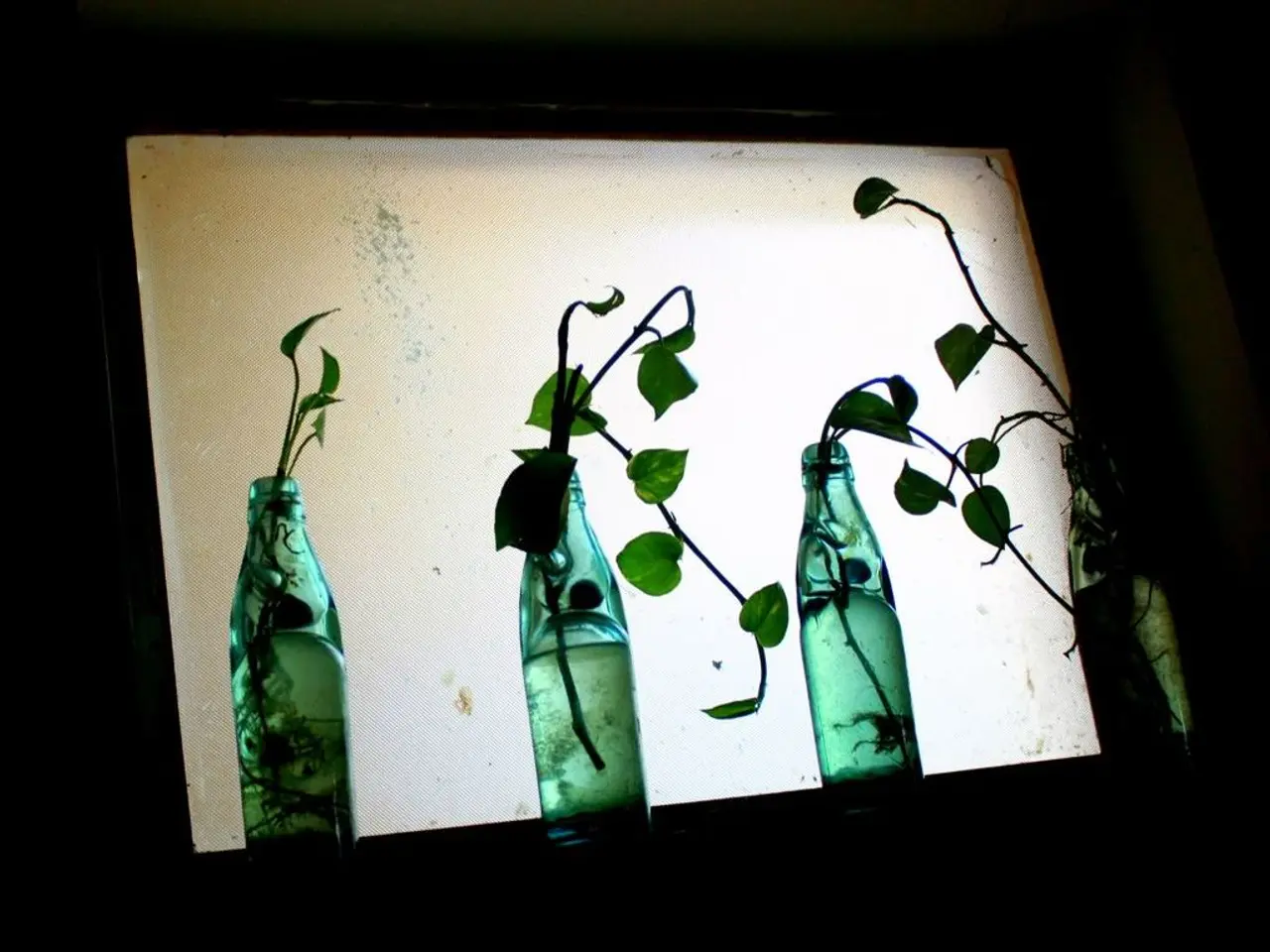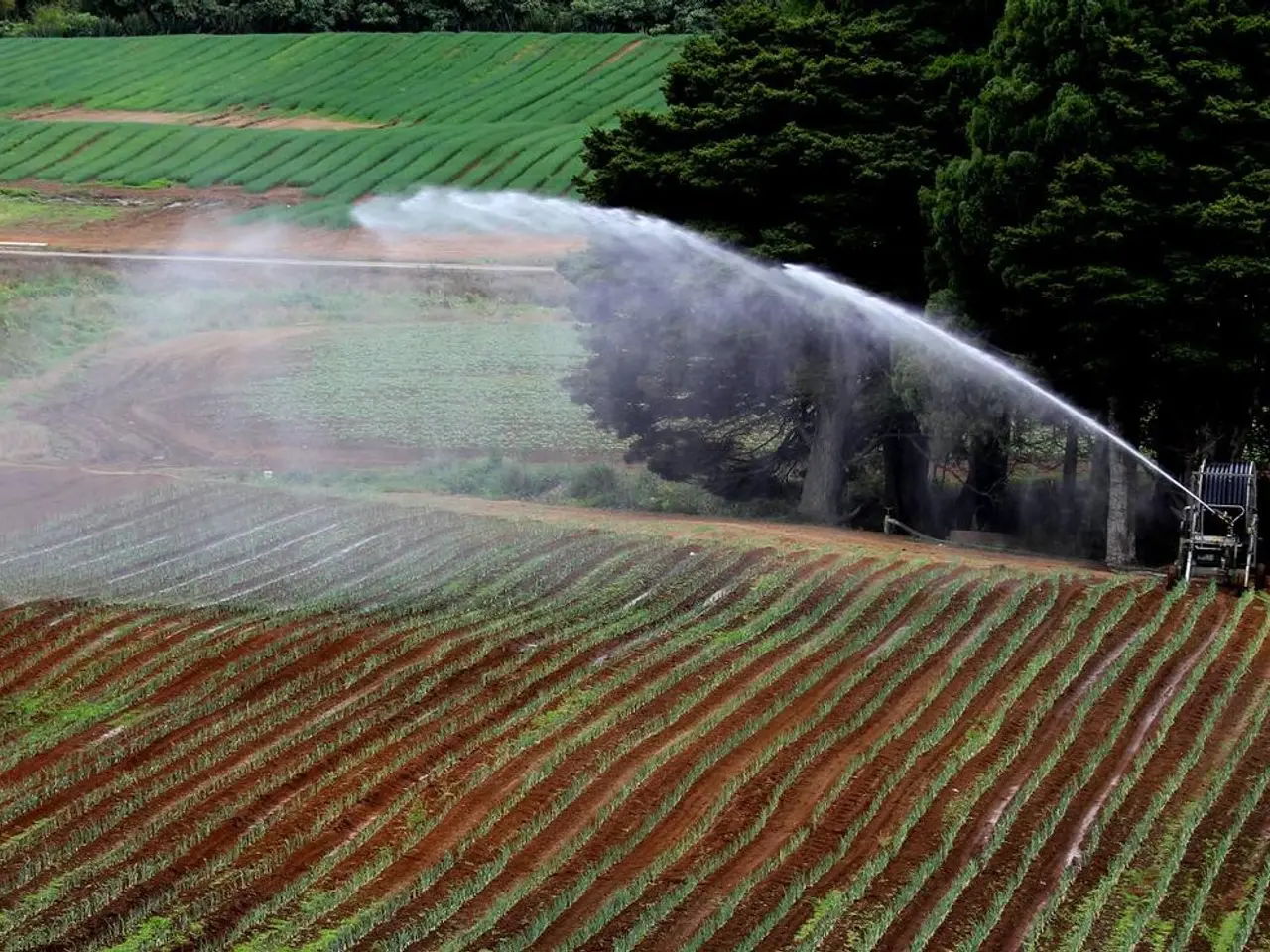A detailed exploration of Carnuba Wax: Its properties, uses, and availability.
In the realm of natural resources, carnauba wax has carved out a significant niche for itself, offering a myriad of benefits across various industries. Known as the "Queen of Waxes," this wondrous substance hails from the leaves of the carnauba palm (Copernicia prunifera), native to Brazil.
Carnauba wax's journey begins with its labor-intensive extraction process, requiring skilled hands and minimal impact on the trees and environment. The renewability and biodegradability of carnauba wax make it a preferable alternative to petroleum-based waxes, reducing reliance on fossil fuels and lowering greenhouse gas emissions during production.
One of the key advantages of carnauba wax is its minimal toxicity, making it safe for human use and reducing environmental and health risks associated with chemical waxes. In the automotive industry, carnauba wax is used in car waxes and polishes to provide vehicles with a protective layer that enhances their shine and shields them from environmental factors. Similarly, in the pharmaceutical sector, it is utilized as a key ingredient in coating pills and tablets.
In the food industry, carnauba wax serves as a glazing agent for candies, chocolates, and fresh produce, while in the beauty and cosmetic world, it contributes to the glossy finish and texture of lipsticks, lip balms, mascaras, and foundations. In the textile industry, carnauba wax is used to create water-resistant and durable fabrics, which protect clothing and outdoor gear.
However, the high cost of carnauba wax compared to synthetic waxes can limit its usage in certain applications. To address this issue, companies are actively seeking ways to ensure the sustainable sourcing of carnauba wax, aiming to secure its long-term availability.
Environmental impacts and sustainable practices related to carnauba wax production are rooted in its natural origin and harvesting methods. Sustainable harvesting ensures leaves are collected without damaging the palms, helping maintain the ecosystem and supporting the livelihood of local communities. Certifications such as Fairtrade and Organic promote responsible sourcing that conserves biodiversity and supports ethical livelihoods.
Moreover, carnauba wax is widely used in biodegradable cosmetics and edible films, where it replaces synthetic, petroleum-derived waxes, thus reducing environmental pollution and waste. Companies focusing on sustainability evaluate the entire lifecycle of carnauba wax products, ensuring minimal carbon footprint and environmental impact.
In conclusion, when managed sustainably, carnauba wax production offers environmental benefits such as renewability, biodegradability, and low toxicity, making it a preferable alternative to synthetic waxes. Sustainable practices like responsible harvesting, fair trade sourcing, and its application in biodegradable products further enhance its eco-friendly profile. Exploring the versatility and sustainability of carnauba wax unveils a journey that embraces nature's gift for the benefit of future generations, and upholding responsible practices will preserve its legacy for years to come.
- Carnauba wax, known as the "Queen of Waxes," finds use in the food-and-drink industry as a glazing agent for candies, chocolates, and fresh produce.
- In the automotive industry, carnauba wax is used in car waxes and polishes to provide vehicles with a protective layer, enhancing their shine and shielding them from environmental factors.
- In the pharmaceutical sector, carnauba wax is utilized as a key ingredient in coating pills and tablets, demonstrating its application in the health-and-wellness industry.
- The textile industry employs carnauba wax to create water-resistant and durable fabrics, which protect clothing and outdoor gear, showcasing its relevance in the fashion-and-beauty and lifestyle sectors.
- In the realm of finance, companies are actively seeking ways to secure the long-term availability of carnauba wax by addressing its high cost through sustainable sourcing, highlighting its importance in the industry.
- Technology-focused companies are interested in carnauba wax for its use in biodegradable cosmetics and edible films, which replace synthetic, petroleum-derived waxes, thus reducing environmental pollution and waste, positioning it as an integral part of the technology industry.




